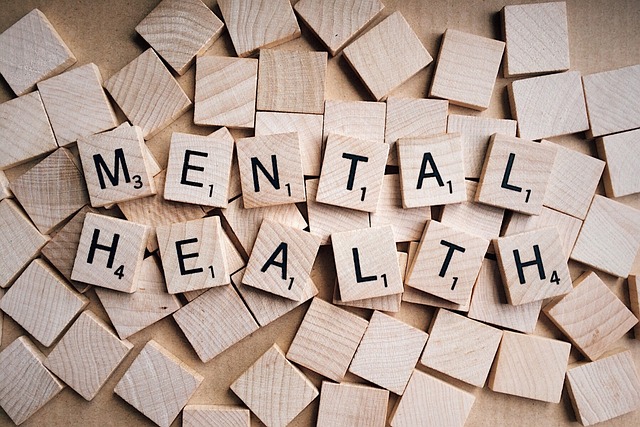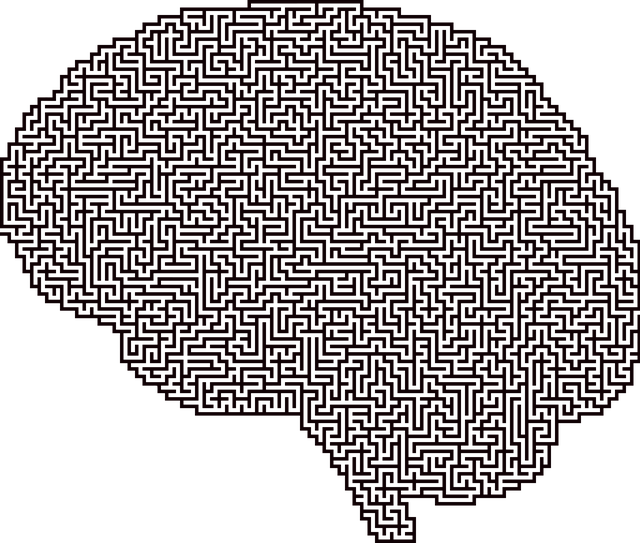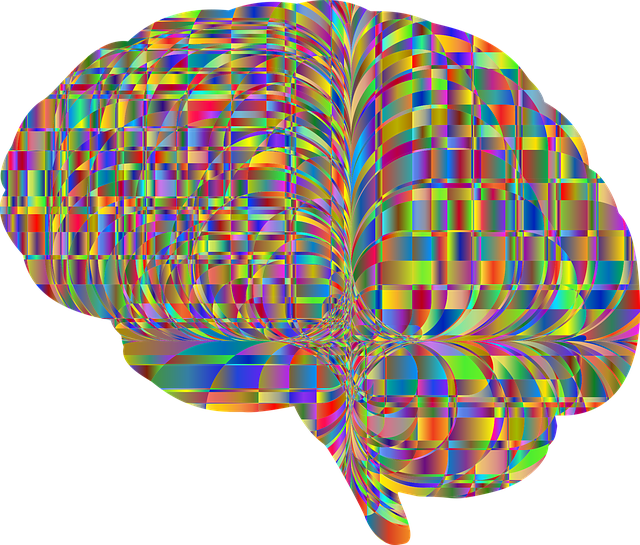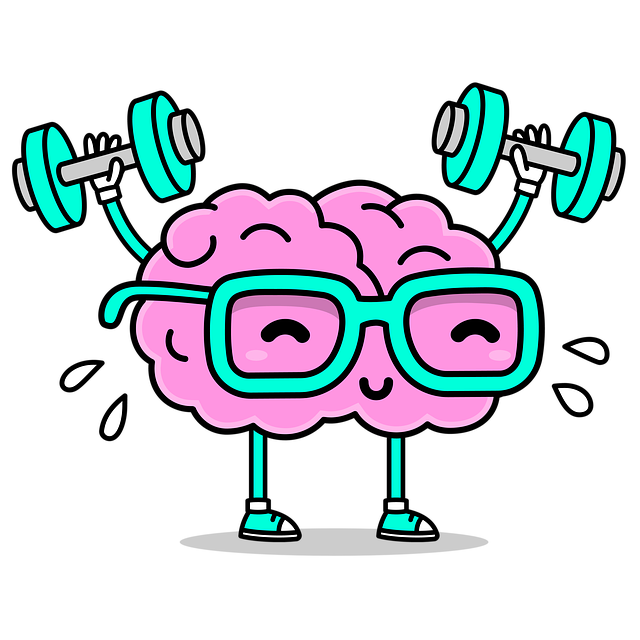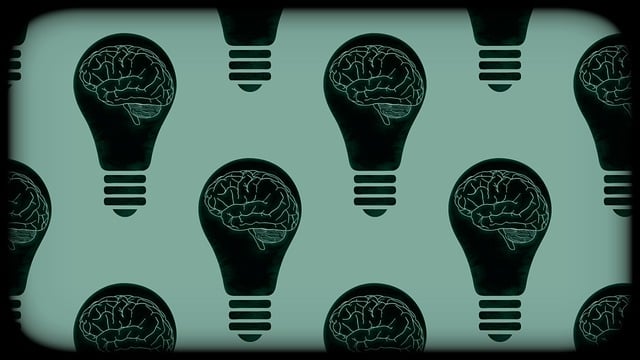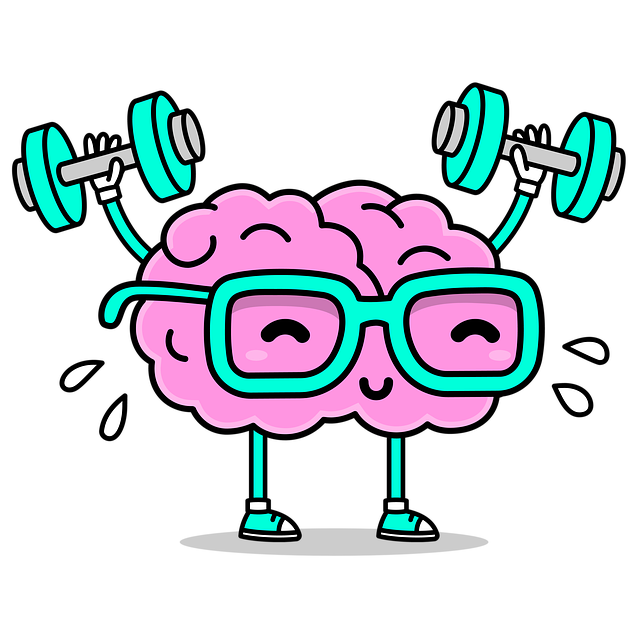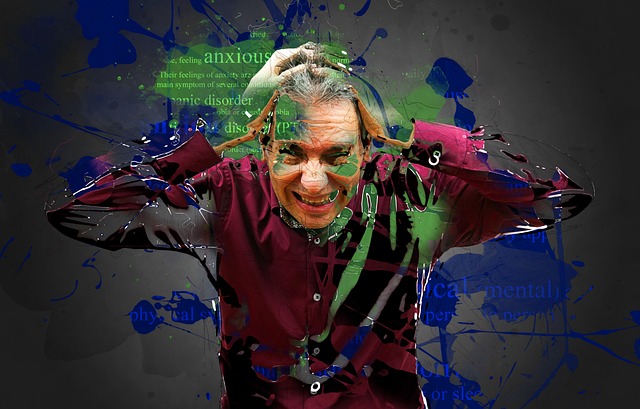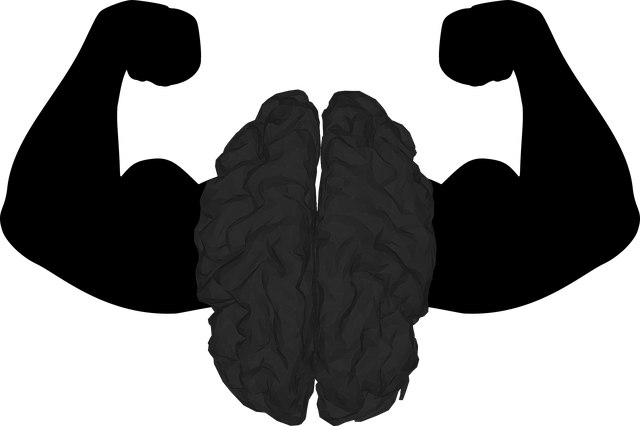For young adults with developmental disabilities, prioritizing mental wellness is key to overall well-being. They face unique challenges like social isolation and communication barriers that impact their emotional health. Tailored therapy, including social skills training and stress reduction techniques from podcasts, can help. Existing self-assessment tools often fail to address their needs due to a lack of development tailored to this demographic. There's a pressing need for innovative tools integrating risk assessment strategies and evidence-based methods catering to diverse backgrounds. Incorporating mindfulness exercises and burnout prevention strategies ensures comprehensive mental health care. The future lies in digital platforms offering accessible, user-friendly self-assessment tools and personalized recommendations for early intervention.
Mental wellness self-assessment tools play a pivotal role in supporting young adults with developmental disabilities. This article delves into the critical need for such tools, highlighting the unique challenges faced by this demographic in accessing effective mental health assessment and therapy. We explore key components of a comprehensive framework, integrating therapeutic techniques to enhance self-awareness and empowerment. Furthermore, we discuss future prospects, emphasizing digital platforms and personalized support as potential game-changers in fostering optimal mental health for young adults with developmental disabilities.
- Understanding Mental Wellness and Its Significance for Young Adults with Developmental Disabilities
- Identifying the Gap: Challenges in Accessing Effective Self-Assessment Tools
- Key Components of a Comprehensive Self-Assessment Framework
- Incorporating Therapeutic Techniques into Self-Assessment Tools
- Future Directions: Digital Platforms and Personalized Support for Optimal Mental Health
Understanding Mental Wellness and Its Significance for Young Adults with Developmental Disabilities

For young adults with developmental disabilities, understanding and prioritizing mental wellness is an essential aspect of their overall well-being. These individuals often face unique challenges that can impact their emotional health, such as social isolation, communication barriers, and specific learning difficulties. Mental wellness refers to not just the absence of mental illness but also a person’s ability to cope with life’s demands, maintain positive relationships, and achieve a sense of purpose and happiness.
Recognizing the significance of mental wellness in this demographic is crucial because it empowers them to lead fulfilling lives. Therapy for young adults with developmental disabilities can be tailored to their unique needs, incorporating strategies such as social skills training, cognitive-behavioral therapy, and stress reduction methods from popular Mental Wellness Podcast Series Production. Additionally, designing inclusive Mental Health Education Programs can equip them with coping mechanisms, foster self-awareness, and promote a supportive environment where they can navigate their mental health journey with dignity and resilience.
Identifying the Gap: Challenges in Accessing Effective Self-Assessment Tools

In today’s world, mental wellness self-assessment tools play a pivotal role in identifying and addressing psychological challenges, especially among young adults. However, there remains a significant gap in accessible resources tailored to this demographic, further exacerbating existing disparities in care. Many existing tools were developed with older populations or those without developmental disabilities in mind, neglecting the unique cognitive, social, and emotional needs of younger individuals. This oversight is particularly concerning given the increasing prevalence of mental health issues among young adults, demanding targeted interventions.
The challenge extends to the limited availability of evidence-based methods that cater to diverse backgrounds and abilities. While therapy for young adults with developmental disabilities has made strides, incorporating effective self-assessment techniques into these treatments remains a hurdle. Integrating tools like Social Skills Training and Stress Management into standard protocols can provide valuable insights. Moreover, mental health professionals need comprehensive risk assessment strategies to ensure early intervention and prevent adverse outcomes, emphasizing the urgent need for gap-filling innovations in this domain.
Key Components of a Comprehensive Self-Assessment Framework

A comprehensive mental wellness self-assessment framework should include several key components to effectively evaluate and support individuals, especially those with developmental disabilities. Firstly, it must consider a holistic view of mental health by assessing not only symptoms but also factors like social support networks, coping mechanisms, and overall life satisfaction. This involves incorporating questions about relationships, stress management techniques, and emotional regulation strategies tailored to the specific needs of young adults with developmental disabilities.
The framework should further integrate burnout prevention strategies for healthcare providers, as consistent support from professionals can significantly impact positive outcomes. By promoting emotional well-being through various techniques like mindfulness exercises, therapy sessions, and community engagement, self-assessments can contribute to depression prevention and overall mental health enhancement. Additionally, including screening tools for common mental health disorders and providing resources for further evaluation or treatment will ensure a comprehensive approach to addressing the unique challenges faced by this demographic.
Incorporating Therapeutic Techniques into Self-Assessment Tools

Incorporating therapeutic techniques into self-assessment tools for mental wellness can significantly enhance their effectiveness, especially when tailored to specific populations such as young adults with developmental disabilities. These tools have the potential to bridge the gap between traditional therapy and accessible, at-home support. For instance, integrating mindfulness meditation exercises can improve users’ ability to regulate emotions and reduce stress levels, thereby promoting better mental health outcomes. By combining self-assessment with practices like mindfulness meditation, tools can empower individuals to proactively manage their mental wellness, a crucial aspect for young adults navigating life’s challenges.
Furthermore, including strategies for burnout prevention in these assessments can be transformative. Young adults with developmental disabilities often face unique stressors and may require targeted interventions to build resilience against burnout. Self-assessment tools that incorporate such techniques enable early identification of signs of exhaustion and offer personalized coping mechanisms. This proactive approach not only supports their mental wellness but also fosters a sense of autonomy and self-care, essential components for overall well-being.
Future Directions: Digital Platforms and Personalized Support for Optimal Mental Health

The future of mental wellness self-assessment tools lies in the integration of digital platforms and personalized support systems tailored to individual needs. As technology advances, online resources offer a promising avenue for young adults with developmental disabilities seeking therapy and improved mental health outcomes. Digital platforms can provide accessible, user-friendly tools that facilitate regular self-assessment and early intervention. By leveraging data analytics, these platforms can offer personalized recommendations and connect users with appropriate mental wellness coaching programs, ensuring targeted support.
This shift towards digital solutions empowers individuals to take charge of their mental health proactively. Mental wellness coaching programs development should focus on creating adaptive, engaging content that promotes self-reflection and skill-building. Incorporating features like gamification or interactive modules can enhance user experience and encourage consistent participation. Moreover, integrating risk assessment tools for mental health professionals will enable more accurate evaluations and informed decision-making in treatment planning, ultimately contributing to improved self-esteem improvement among young adults with developmental disabilities.
The development of mental wellness self-assessment tools tailored for young adults with developmental disabilities is a critical step towards improving access to effective support. By addressing the identified gaps and incorporating therapeutic techniques, we can create comprehensive frameworks that empower individuals to take charge of their mental health. Future digital platforms offering personalized guidance and resources will play a pivotal role in revolutionizing therapy for this population, ensuring they receive the optimal care they deserve.
